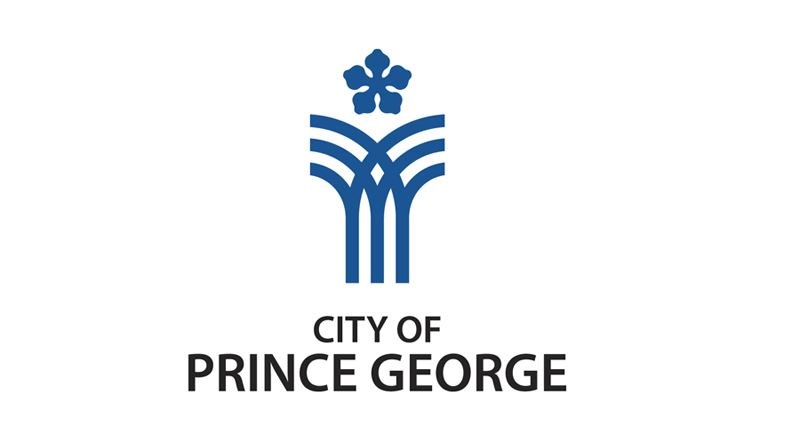Residents who are looking at thousands of dollars in extra taxes for sanitary sewer service made their case Thursday night for grant money.
Dozens of people representing the 100 property owners in the Hart Highlands attended a public meeting for information about the project that, if approved, would allow them to do away with their septic tanks.
The affected residents are in the second phase of the project that saw 100 homes hooked up to city sewer in the summer of 2014.
During the meeting, residents were told the highest potential cost for the project was approximately $2.9 million, divided equally among the property owners.
Each property owner would then be responsible for hooking up to the city main from their individual home.
The initial estimate for phase one was $2.4 million, with the actual cost coming in at closer to $1.5 million.
The cost for the second phase is estimated to be higher because of more curves and intersections, existing landscape challenges such as large trees that have to be avoided and underground utilities, said Hayley Sedola, an engineering assistant with the city.
The estimate was arrived at by looking at tendered projects over the past five years, Sedola said.
City council is meeting Feb. 10 at 12:15 p.m. to discuss whether to go ahead with a city staff-recommended application for grant funding, or to submit one that would help cover costs of their installation.
The meeting got heated at times, with some in attendance questioning why city staff were recommending $1.4 million worth of Fraser River Bench erosion mitigation work over their project.
There are five good reasons for the city and council to consider giving the second phase grant priority, said Dale Grieves: basic rights to sewer and water, promises made to residents during the amalgamation process in the mid 1970s, the cost increases during the nearly 40 years of waiting for sewer hook ups, septic systems that are outliving their use and failing, and the newly renewed provincial-federal infrastructure funding.
"We have been patient, we have been practical and we have jumped through hoops and barrels," Grieves said.
Words like frustration and disillusion were in ample supply in the Hart Highlands elementary school gymnasium.
"I think our situation is dire," said Sylvia Korotash, who along with Grieves has been lobbying the city and presented to council last year outlining their research and potential grant options.
The city should be liable and responsible for the connections, with one resident calling the lapse "extortion" by the municipal government.
If council agrees to submit a grant application supporting the project, there is no guarantee it will be approved, said city staff.
Residents still have to vote formally on whether they want to pay for the project.
A positive vote from those representing at least half of the affected area's property values would trigger the local area service process, and final approval would add the cost of the work to the residents' annual property tax bill.
If the grant application isn't successful, the city will return to the residents to ask if they still want to go ahead with the connection without the money from the upper levels of government.


